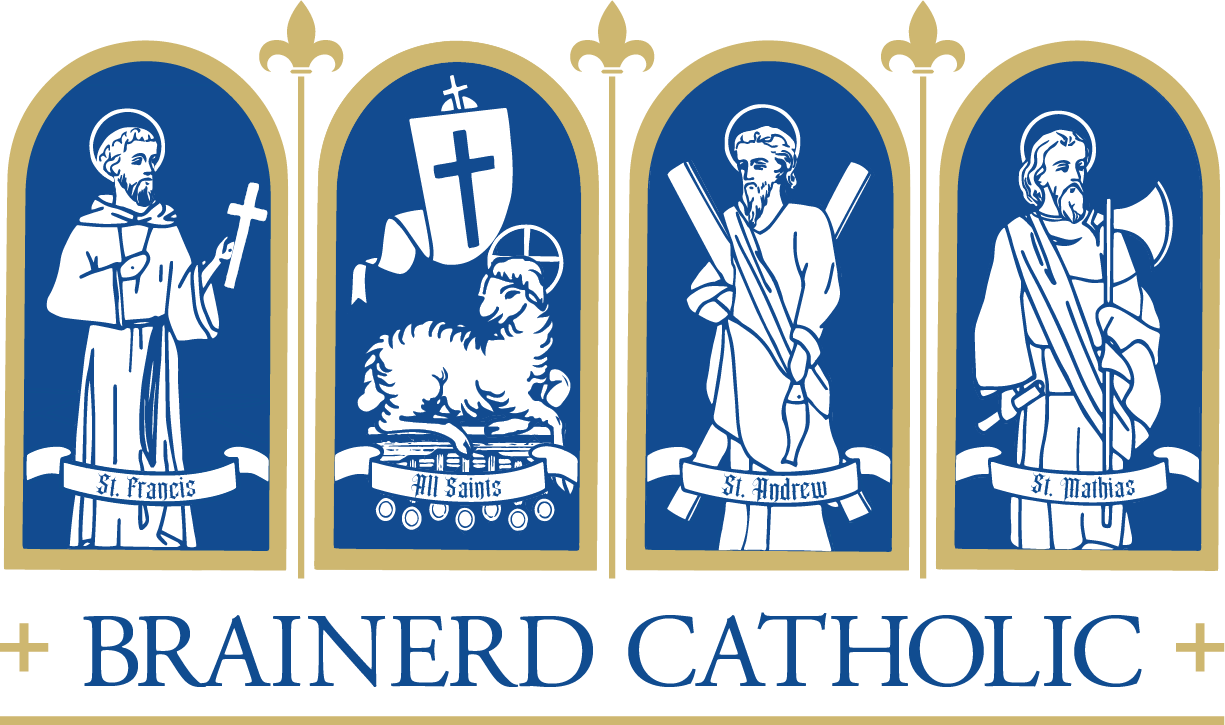Divine Mercy Sunday
Today is Divine Mercy Sunday. Devotion to the Divine Mercy began with St. Faustina Kowalska who reported to have visions of Jesus and conversations with Him, which she recorded in her diary, later published as The Diary of Saint Faustina. Today we recognize in a special way the extravagant mercy God has toward sinners. In her reported visions, Jesus said to St. Faustina, “I desire that the Feast of Mercy be a refuge and a shelter for all souls, and especially for poor sinners. On that day the very depths of My tender mercy are open... The soul that will go to Confession and receive Holy Communion shall obtain complete forgiveness of sins and punishment.” (St. Faustina's Diary #699)
The Manual of indulgences says, “A plenary indulgence is granted to the faithful who, on the Second Sunday of Easter or Divine Mercy Sunday, in any church or chapel, take part in the prayers and devotions held in honor of Divine Mercy, or who, in the presence of the Blessed Sacrament exposed or reserved in the tabernacle, recite the Our Father and the Creed, adding a devout prayer to the merciful Lord Jesus (e.g., “Merciful Jesus, I trust in you!”).”
There are two kinds of indulgences, partial and plenary. A partial indulgence remits a portion of the temporal punishment due to forgiven sin, while a plenary remits all of it. A partial indulgence is received either by doing some act to which a partial indulgence is attached (e.g. praying the Magnificat, the Angel of God, or visiting the Blessed Sacrament for adoration) or by the incomplete fulfillment of the conditions attached to a plenary indulgence.
The following chart shows the requirements for obtaining both plenary and partial indulgences:

